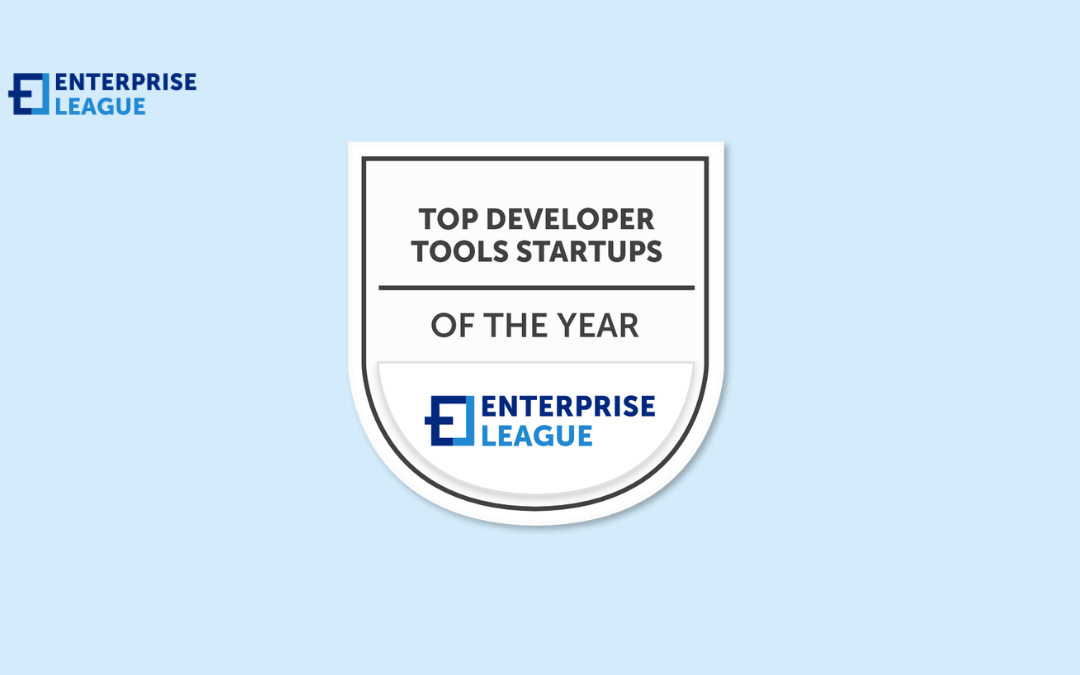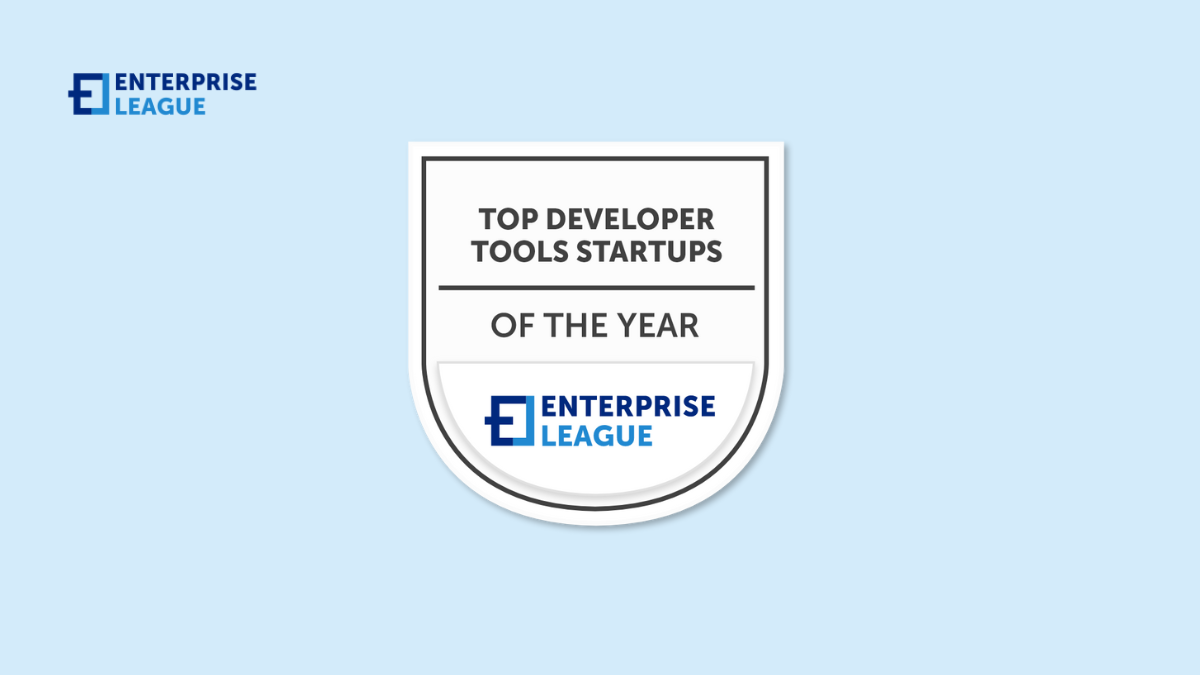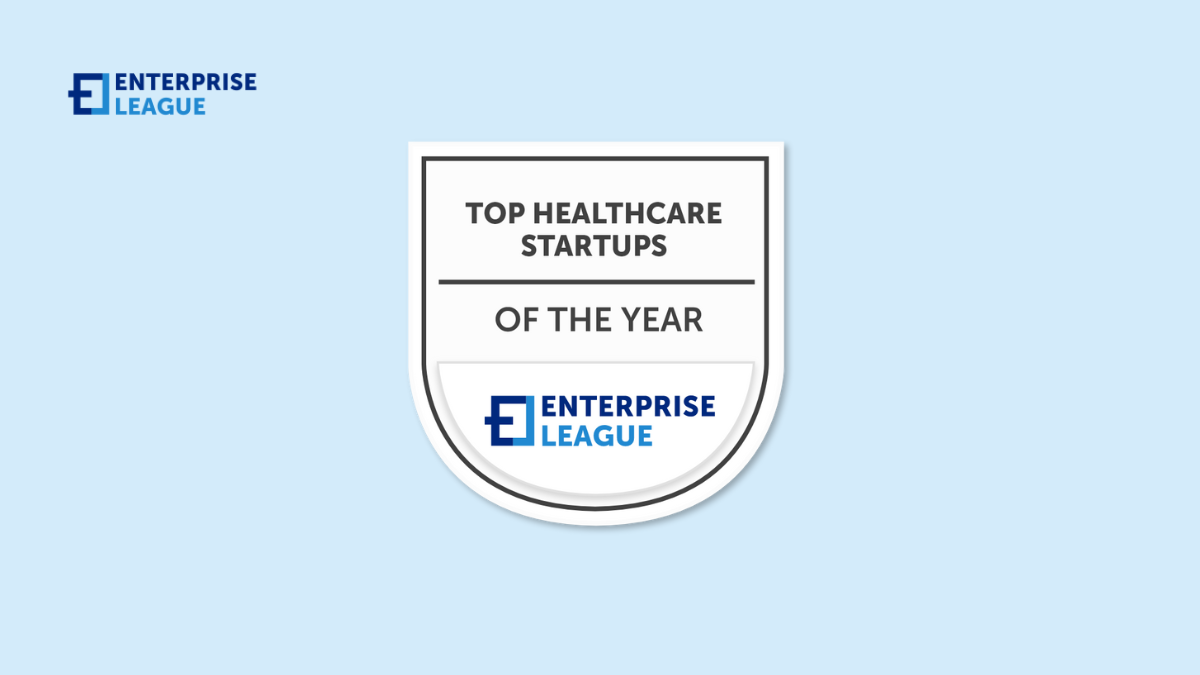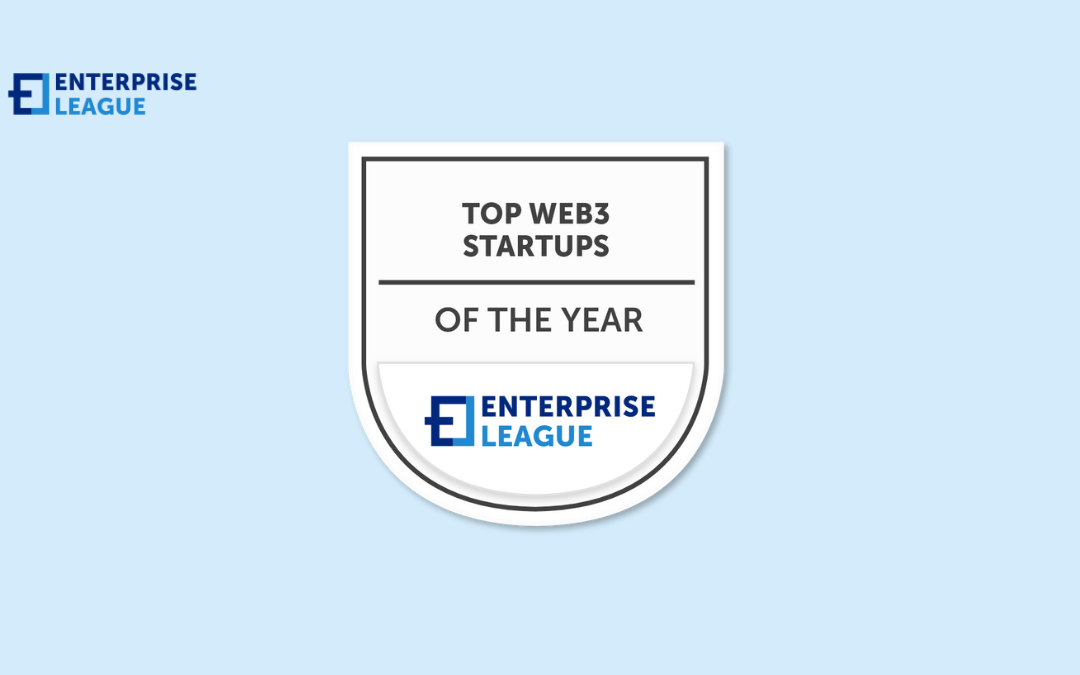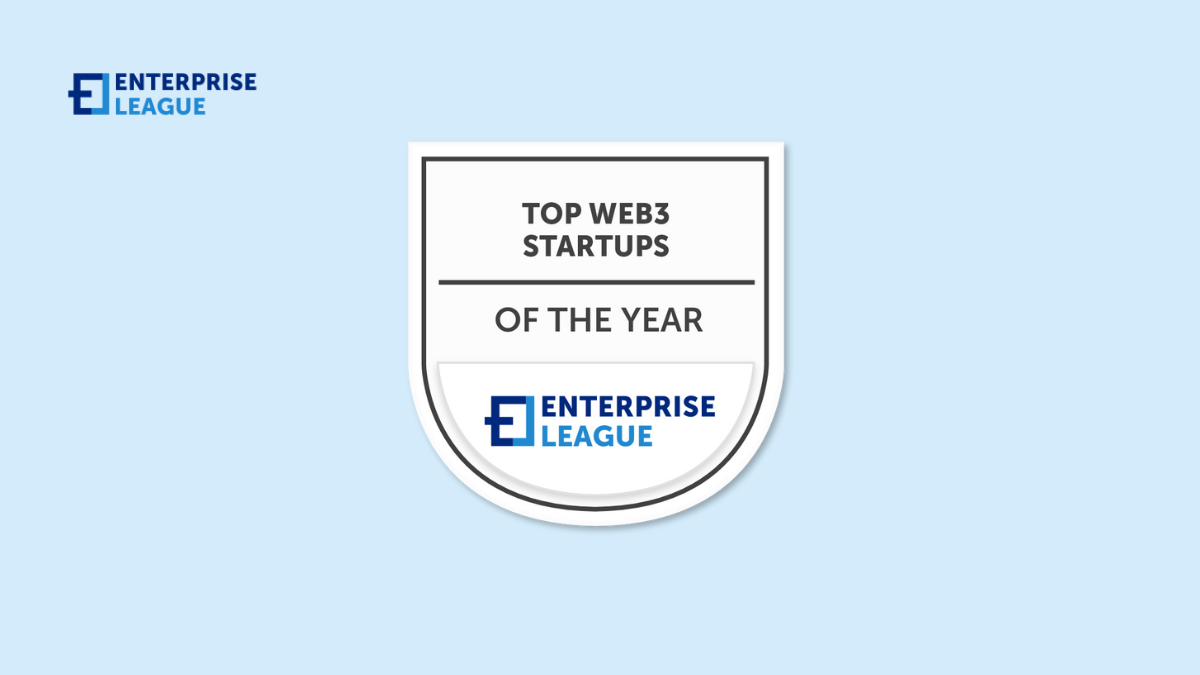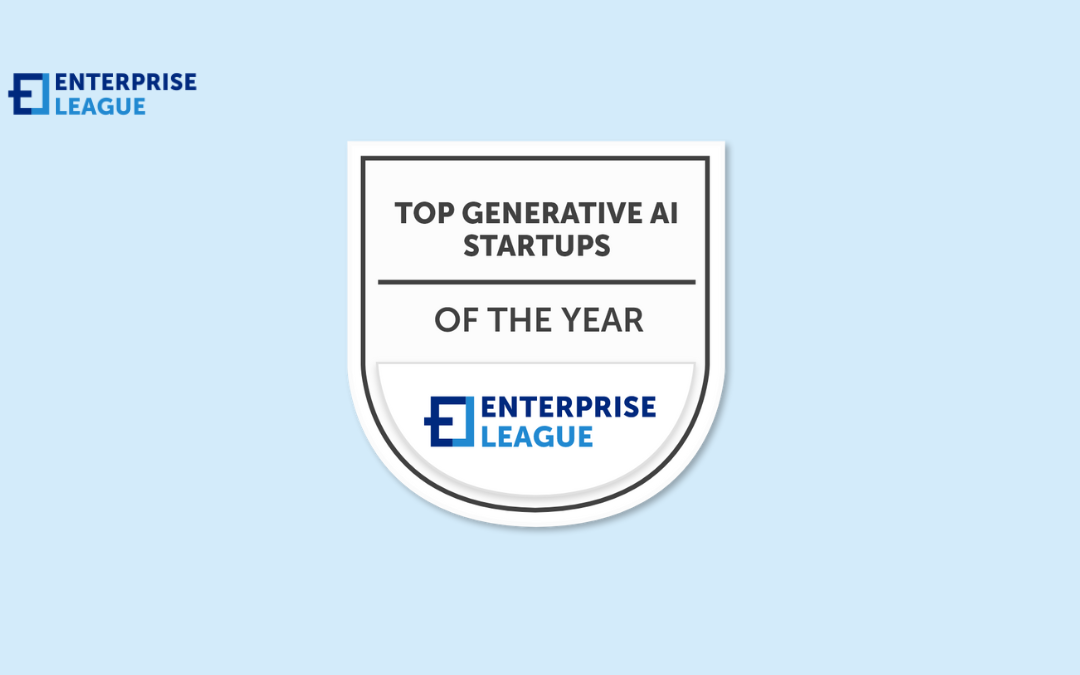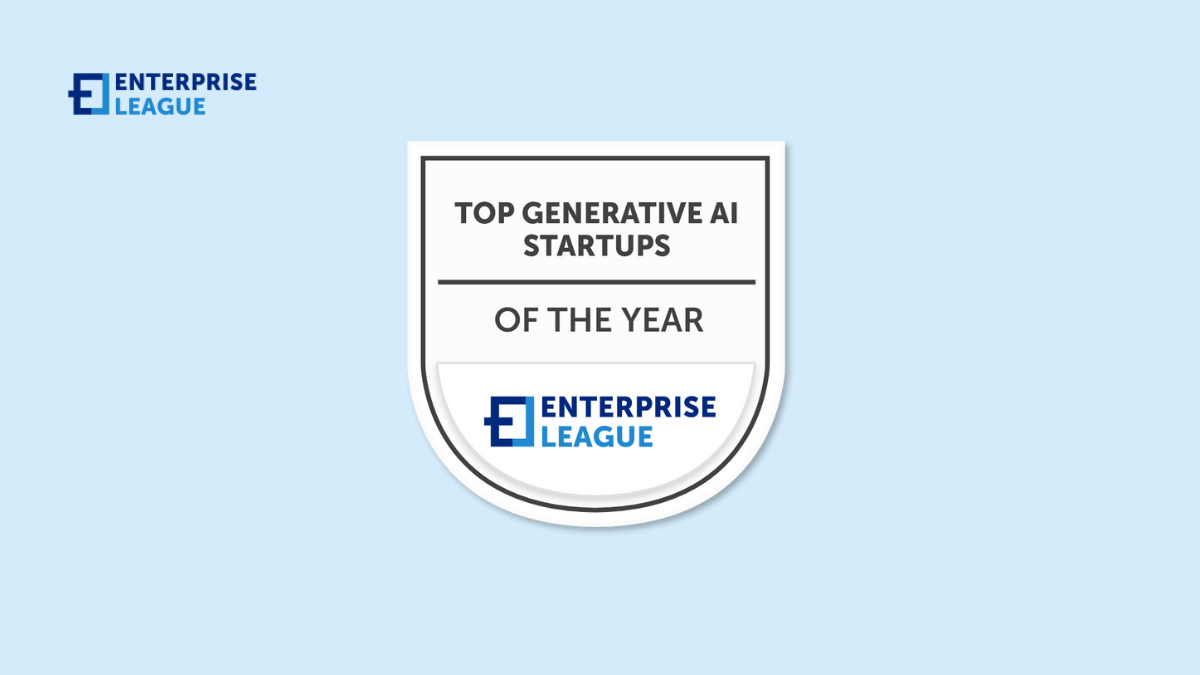Location-based applications have become essential to modern software development, requiring reliable geocoding services that convert addresses into geographic coordinates and vice versa. The right geocoding API can make the difference between a clunky user experience...

Investing at the beginning of your career: The order of asset distribution
Investing at the beginning of your career: The order of asset distribution
February 07, 2025

Starting your career is an exciting time filled with opportunities. It’s also the perfect moment to establish smart investment habits. While financial stability might seem like a distant goal, taking the right steps early can help secure long-term wealth. If you know the order in which assets are distributed, you can make the most of growth while minimizing risk. This is true for both traditional investments and new assets like cryptocurrency.
Establishing a strong financial foundation
It is easier to weather financial storms when you have health insurance and other safety nets. Learning the importance of financial stability allows investors to take more courageous steps, such as exploring high-growth opportunities like those in the best crypto presale market. Since an early bird might catch a lucrative coin, such opportunities shouldn’t be missed. All in all, financial stability enables investors to take calculated risks without jeopardizing their basic needs.
Exploring low-risk investment options first
For beginners, starting with low-risk assets is a safe approach. Fixed deposits, government bonds, and index funds provide steady returns with minimal risk. These investment vehicles help young professionals grow their wealth without exposing themselves to high volatility.
We should also prioritize employer-sponsored retirement accounts, such as 401(k) plans, due to their tax advantages and potential employer-matching contributions. Employer contributions often represent free money that significantly boosts long-term savings. Those without access to employer plans can explore alternatives like IRAs, which offer similar tax benefits.
Introducing moderate-risk investments
After securing your financial foundation, you’re ready for investments that can really make your money work harder. Mutual funds and ETFs are popular first steps – they’re like buying a slice of the whole market instead of betting on single stocks. You don’t need to watch the market all day; these funds do the heavy lifting for you.
REITs offer a clever way to get into real estate investing without becoming a property manager. You get the benefits of owning property (like regular dividend payments) without dealing with maintenance calls or tenant issues.
For something different, consider peer-to-peer lending platforms. They let you earn interest by lending directly to borrowers. While there’s some risk involved, picking solid platforms and spreading your loans around can help you earn steady returns.
Considering high-growth assets like crypto
As young investors become more comfortable with managing their portfolios, exploring high-growth assets becomes a strategic move. Cryptocurrencies, especially early-stage projects, offer significant potential for high returns. Pinpointing the crypto presale opportunities allows investors to enter the market at a favorable stage, capitalizing on growth potential before mainstream adoption.
Managing these digital assets efficiently is just as important. With the right wallet, investors can track real-time profit and loss, organize their holdings, and execute transactions quickly, ensuring they remain agile in the fast-moving crypto space. While crypto can be volatile, diversification, secure asset storage, and thorough research help mitigate risks and enhance long-term profitability.
Unlike traditional stocks, crypto markets operate 24/7, offering unique advantages for investors willing to stay engaged. Innovations such as decentralized finance (DeFi) and non-fungible tokens (NFTs) continue to expand the crypto ecosystem, providing multiple ways to generate passive income.
However, new investors should exercise caution and conduct due diligence before investing in digital assets. Understanding key concepts such as blockchain technology, smart contracts, and tokenomics can help make informed decisions. Also, securing crypto investments in hardware wallets protects against hacks and scams.
New investors should be cautious and do their own research before investing in digital assets. Understanding key concepts and securing crypto investments will help protect against hacks and scams.
Diversification is the key to managing risk
While each investment type has its merits, a well-balanced and diversified portfolio reduces overall risk. Spreading money out across various asset classes is one way to diversify and lessen the impact of any one loss. For instance, balancing stocks, bonds, real estate, and cryptocurrencies ensures exposure to multiple revenue streams.
Portfolio rebalancing should be done periodically to maintain optimal asset allocation. As career earnings increase, investors can adjust their distribution strategy to align with changing financial goals. Long-term investments should be prioritized, but short-term opportunities should not be overlooked.
Maximizing returns with smart investment strategies
Apart from choosing the right assets, strategic investment practices can enhance returns. Dollar-cost averaging (DCA) is a common approach where investors regularly contribute fixed amounts, reducing the impact of market volatility. This method is particularly effective for stocks, ETFs, and cryptocurrencies.
Another crucial strategy is reinvesting dividends. Many stocks and funds offer dividend reinvestment plans (DRIPs) that automatically reinvest earnings, accelerating portfolio growth. Compounding returns over time lead to exponential wealth accumulation.
To enhance profitability, minimize investment costs by choosing low-expense ratio funds, reducing transaction fees, and employing tax-advantaged accounts.
Balancing traditional and emerging investment strategies
Building your investment portfolio isn’t about putting all your eggs in one basket. Mix some safe bets with medium-risk investments, and throw in a few high-reward opportunities if you’re feeling brave.
The key is matching your investment mix to your personal goals and how much risk makes you comfortable. Consider adding things like gold or venture investments to the mix – they can help keep your portfolio stable when traditional markets get shaky.
Common mistakes new investors should avoid
Starting an investment journey can be overwhelming, and many new investors make avoidable mistakes. Here are some key pitfalls to watch out for:
- Lack of research: Investing without understanding asset fundamentals leads to poor decisions. Always conduct thorough research before committing capital.
- Emotional investing: Market fluctuations can trigger impulsive decisions. Staying disciplined and focusing on long-term goals prevents unnecessary losses.
- Overleveraging: Using borrowed funds to invest magnifies risk. Beginners should avoid excessive leverage until they gain experience.
- Neglecting fees: High management fees and transaction costs eat into returns. Choosing low-cost investment options preserves capital.
- Ignoring portfolio rebalancing: Failing to adjust investments over time can lead to unbalanced portfolios. Regular assessments keep risk levels in check.
Avoiding these mistakes helps build a sustainable investment strategy and promotes financial growth over time.
A long-term perspective
When you start your career, investing early on gives you a big benefit: time. Long-term gains can be very large if you use compounding returns and strategically distribute your assets. Young professionals can build wealth over time while supervising risks well by gradually moving from low-risk investments to riskier ones.
Financial markets continuously evolve, so it’s meaningful to stay up to date. Success comes from always learning new things, being open to new opportunities, and making decisions based on data. The key is to make smart decisions from the start, whether you’re investing in stocks, real estate, or digital assets like cryptocurrency.
With discipline and a focus on the long term, even small investments can grow substantially, leading to a prosperous future for young investors.
Conclusion
One of the smartest moves to make in your career is to start your investment journey early. By following a strategic order for your investments, whether emergency funds or retirement accounts and beyond, you’re not just saving money but building a road to financial freedom. The important part is to begin now, stay consistent, and adjust your strategy as your career grows. Your future self will thank you for the financial decisions you make today.
More must-read stories from Enterprise League:
- Proven and tested psychological tactics for successful marketing.
- Things to consider before deciding on a business location.
- Profitable online education business ideas that you should be aware of.
- Learn how to deal with being proffesionally ghosted like an expert.
- Implement a CRM strategy for your business using this guide.
Related Articles
Best 7 Geocoding APIs Every Developer Should Know in 2026
Top 4 ERP Solutions for Manufacturers in 2026
Manufacturing companies face major challenges in the coming year, from supply chain disruptions to rising competition. To stay profitable, producers need to optimize their operations, reduce waste, and boost productivity. Enterprise resource planning (ERP) software...
Key Signs Your Pharma Facility Needs Immediate Air Compressor Service and Repair
Smooth operations in pharmaceutical production rely on many interconnected systems. When one critical component falters, the impact can affect the entire process. Air systems play a vital role in maintaining product consistency, safety, and efficiency. In such...
Generate More Leads: Essential Marketing and Advertising Tips for Home Service Pros
The home improvement and gardening industries face unique challenges such as seasonal demand fluctuations, labor shortages, and rising costs. For business owners and marketing managers in the Chicago metropolitan and Midwest regions, adopting a strategic marketing...
What’s the Best Type of Cantilever Shade Structure for Large Lots? 6 Options for Business Owners
In the current commercial environment, cantilever shade structures for outdoor spaces are becoming essential elements, transforming large lots into inviting environments. These innovative designs provide much-needed shade while also enhancing the aesthetic appeal of...






